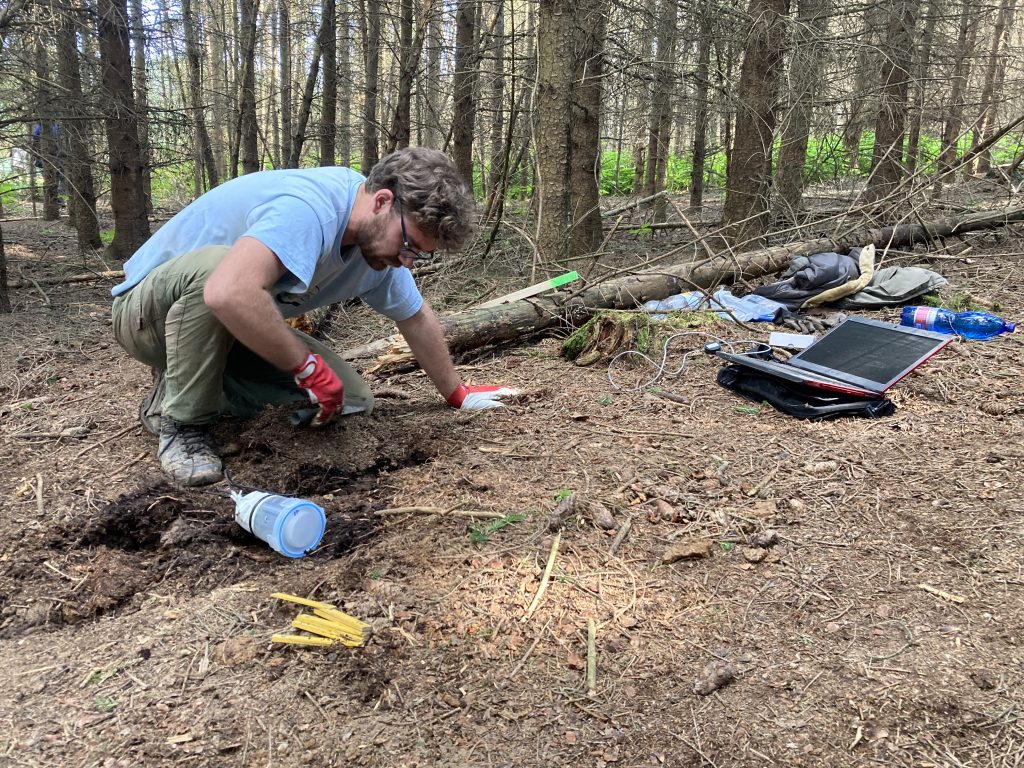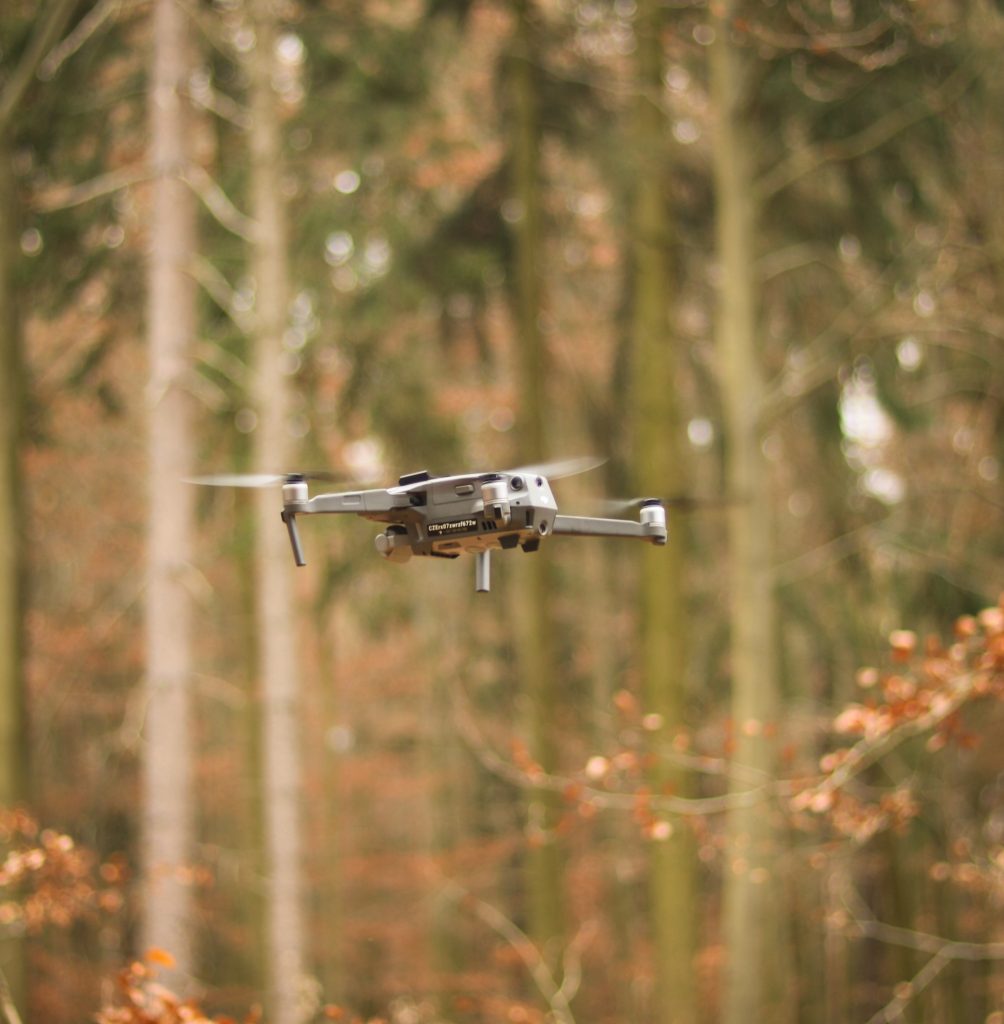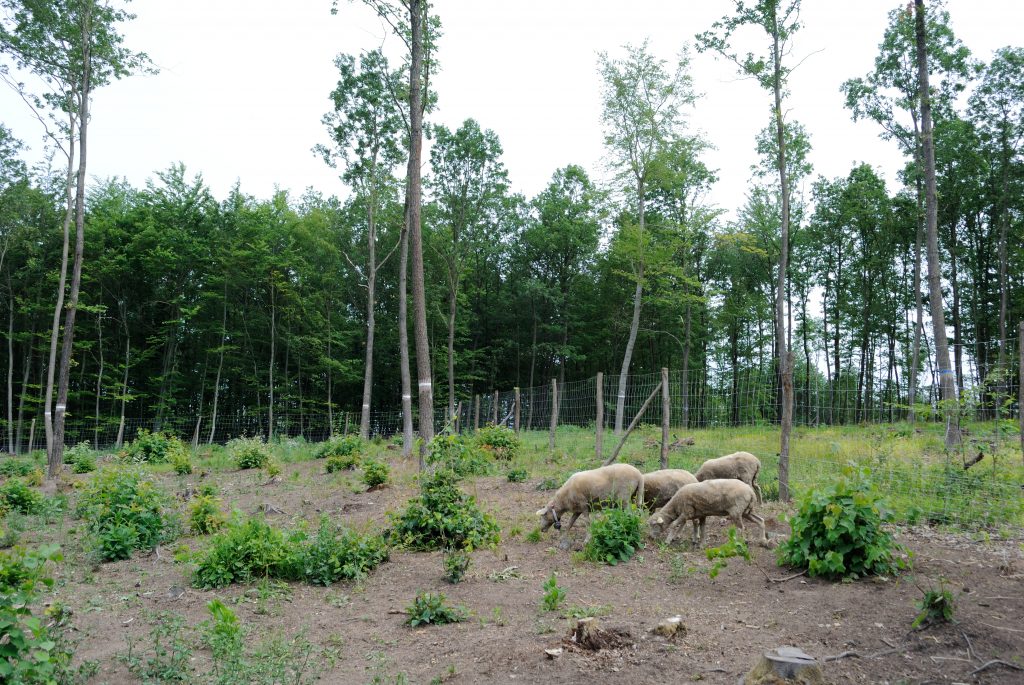At the Faculty of Forestry and Wood Technology an Internal Grant Competition is organised and announced by the provider in accordance with legislation No. 130/2002 Coll., on the support of research, experimental development and innovation. It is guided by the Directives for providing targeted support for specific university research. The aim of the competition is to support research and innovation activities within the faculty and the involvement of MA and Ph.D. students in creative activities.
Research focuses on the following areas:
- Forest Ecology
- Forest Phytology
- Forest Cultivation
- Forest Conservation and Wildlife Management
- Processes of Furniture Production
- Machinery and Mechanization in Forestry Production
- Technology of Wood Processing
- Properties of Wood and Materials
- Applied Geoinformatics and Applied Geodesy
- Economics and Management of Renewable Natural Resources
- Forest Management
- Landscape Development and Conservation
The competition is announced in the following programmes within the faculty:
- Individual student project – a one-year project intended to support scientific research and innovation activities as part of doctoral dissertations, or other scientific research and innovation activities carried out by Ph.D. students at the FFWT MENDELU. The project guarantor is an academic worker. Co-workers on an individual student project can be students on a Ph.D. or master’s degree study programme at the FFWT MENDELU, academic, academic scientific-research or scientific-research workers at MENDELU. Individual student projects are submitted by students on Ph.D. study programmes at the FFWT MENDELU.ELU.
- Student team project – a three-year project intended to support conceptual research focusing on inter-disciplinary cooperation within the FFWT MENDELU in accordance with the long-term objectives of the FFWT. The proposer is an academic worker at the FFWT MENDELU with an academic doctoral degree, who has gained at least eight years of work experience in research since obtaining their doctoral degree (Ph.D.). Members of the project team can be students of master’s and doctor’s degree study programmes at the FFWT MENDELU and academic, academic scientific-research or scientific-research workers at MENDELU, who cooperate in the implementation of a common research theme. The project team must include at least one member who is a student of a master’s degree study programme.
- Students’ scientific conference – a three-year project proposed by academic workers at the FFWT MENDELU.
SilvaNET – WoodNET Conference
- This students´ scientific conference is held once a year under the patronage of the dean of the FFWT MENDELU. The conference is intended mainly for students of doctoral and master’s degree study programmes from universities in the Czech Republic, Slovakia, and abroad. The conference is conducted in the English language.
Examples of topics undertaken:
The aim of the proposed project will be to evaluate changes in the soil environment due to the calamity affecting young lower and mid-elevation spruce stands, which have succumbed to the pressures of climate change in recent years, starting with extreme drought, resulting in the current bark beetle calamity. It is appropriate and desirable to monitor and evaluate changes in the soil environment, as in such degraded stands they can logically be expected to have a potential impact on forest site productivity. Analysis of changes in soil properties and processes will be carried out in four work packages (WP). WP1: Soil typology, WP2: Soil biology and biochemistry, WP3: Humus conditions and soil carbon, and WP4: Physical and hydrophysical properties. Each work package sets its own hypothesis, which appropriately complements the other three packages/hypotheses. The research will be carried out on three research sites with three partial comparison areas: (i) healthy growth, (ii) standing dry trees, (iii) area after restoration. The identified relationships between the compared components of the soil environment indicate the processes of habitat change due to damage to spruce stands. The application of these relationships to wider areas, especially in forestry, will make it possible to estimate the extent of changes in the soil environment of forests after periods of drought, and to project the results into possible proposals for cultivation measures.í.
The current dieback of spruce and pine stands reaching calamitous dimensions is the current focus of forest management, mainly in terms of the timely identification of the occurrence of damage to stands. The project will offer the use of unmanned aerial vehicles (UAVs) in forest management to monitor the health of forest stands and thus provide foresters with a robust tool for operational planning of the application of defensive measures to prevent or mitigate damage. The aim of the project is to increase the operational effectiveness and precision of decision-making in terms of protection and defence of forest stands, especially via early detection of forest damage from biotic factors with a focus on bark beetle infestation and the impact of drought.
The aim of the project is to quantify the influence of traditional, historical management methods on the condition of coppiced woodland in comparison with new, modern management methods. The project will focus on quantifying the degree of impact on the copse ecosystem due to different types of forest management (stumping, grazing, raking leaf litter, selective thinning, drought stress simulation) from a dendrometric, pedological and phytocoenological point of view. Furthermore, the project will examine whether these management methods could provide a suitable means of maintaining a colourful landscape mosaic with elements of grassland and forest. The research will be carried out in localities where, two years ago, research sites were established for a transformation to medium forest with a dominant representation of Quercus petraea agg. (Matt.) Liebl and in localities where research sites were established ten years ago for conversion to low forest with a dominant representation of Quercus petraea agg. (Matt.) Liebl and Carpinus betulus L. The areas are located within the Masaryk Forest Training Enterprise at Křtiny, in the Bílovice nad Svitavou forest. The outputs of the project will enable a comparison of different forms of forest management in young and older copses. At the same time, this project should expand the data material that was obtained in 2015–2019. The project will provide a unique data series describing the longer-term response of reserved trees and sprouts, as well as the soil reaction / changes and phytocenosis to different forms of management in stands of different age in the SE part of the Czech Republic. The research areas where drought stress simulation (reduction of undercrown precipitation) has been taking place since 2015, and research areas where sheep grazing and leaf litter raking have been taking place since 2018, are quite unique and serve as model examples of different forms of management in Central European coppiced woodland.


